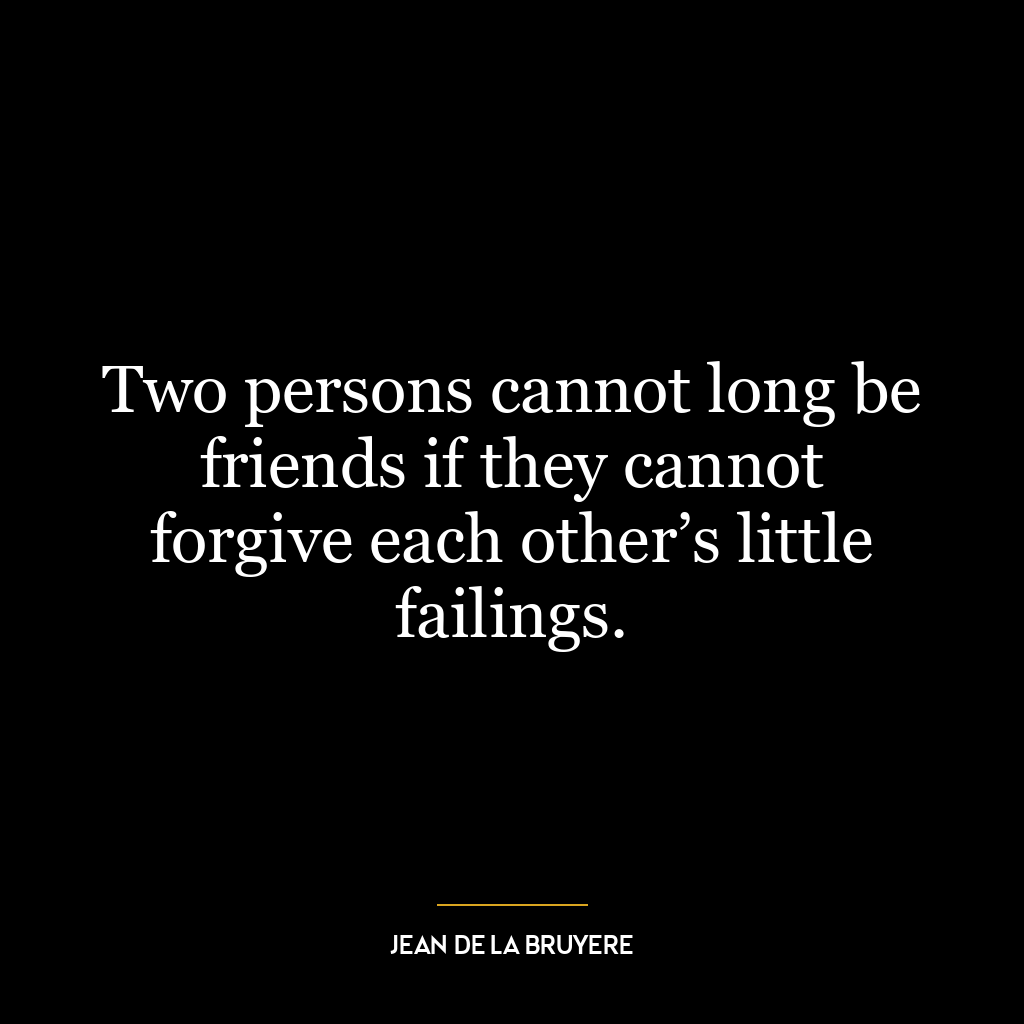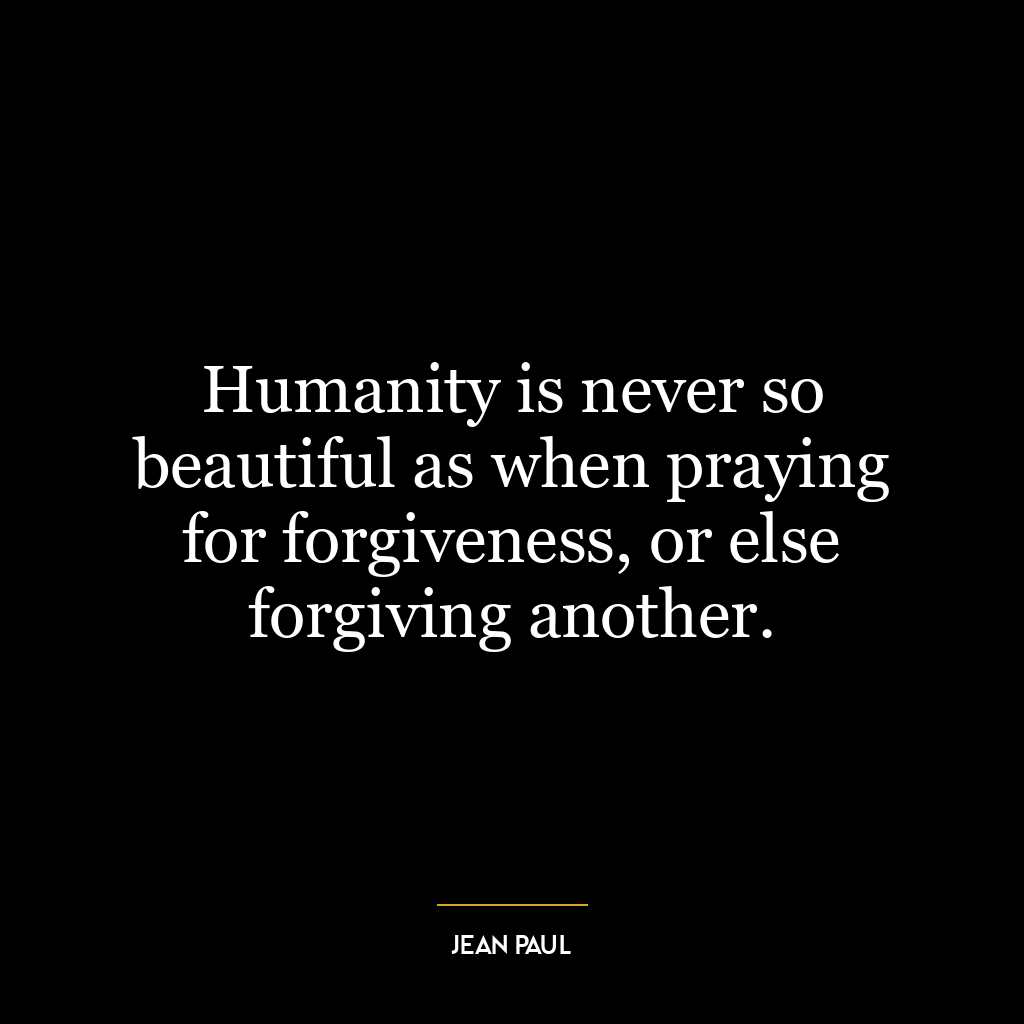This quote, “Cowards have done good and kind actions, but a coward never pardoned,” essentially implies that while a person who is cowardly might perform good deeds or acts of kindness, they are incapable of forgiveness. The act of pardoning or forgiving requires a certain level of courage that a coward lacks. It takes bravery to let go of resentment, to accept someone’s flaws or mistakes, and to move on without holding a grudge. A coward, on the other hand, may hold onto these negative feelings, unable to overcome them and forgive.
This quote can be interpreted in two ways. Firstly, it suggests that forgiveness is a virtue that requires more courage than performing good deeds. It is easy to do good when it is convenient or beneficial to us, but forgiveness often involves putting aside our own feelings or pride, which is a much harder task. Secondly, it implies that a person’s character is not defined solely by their good deeds, but also their ability to forgive.
In the context of today’s world, this quote holds significant relevance. In an era where social media often amplifies negativity and conflict, the ability to forgive and let go of resentment is more important than ever. It is easy to hold grudges, to harbor resentment, and to let these negative feelings dictate our actions. However, as the quote suggests, it takes true courage to forgive, to choose understanding over conflict, and to move forward.
In terms of personal development, this quote serves as a reminder that forgiveness is a crucial aspect of growth. Holding onto negativity or resentment can hinder personal progress and mental well-being. Therefore, developing the courage to forgive, to accept that people make mistakes, and to move forward without harboring ill feelings can be a significant step in personal development and self-improvement.











